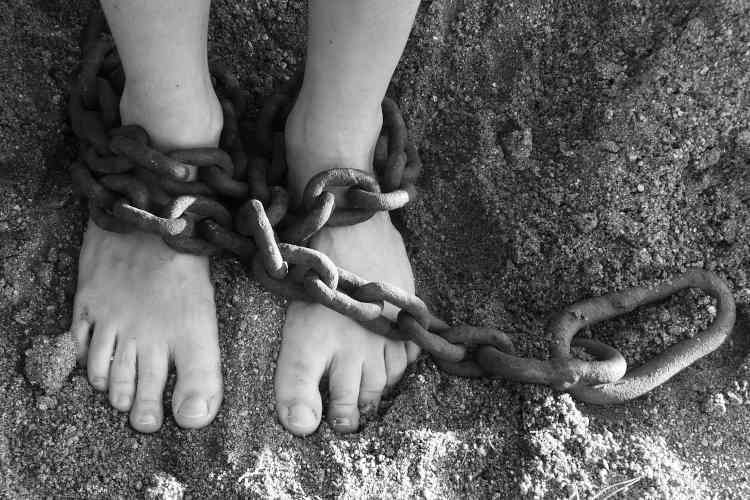Claim Suppression: Employers Preventing Work Injury Claimants From Filing an L&I Claim

When an employer prevents or tries to prevent an injured worker from filing a claim, it is called L&I claim suppression or workers' compensation claim suppression. It occurs more often that you might expect. Despite the prevalence, I don’t think accusations of L&I claim suppression are taken as seriously as they should be.
Rules around filing an L&I claim
In Washington State, people injured while working can file a workers' compensation claim with the Department of Labor and Industries (L&I). For industrial injuries, the claim must be filed within one year after the injury occurs. For occupational disease, there is a two-year time limitation for filing the claim. The two years do not start until the worker is informed in writing by a medical provider that they have a claim and should file.
Employers may not prevent workers from filing L&I claims. However, claim suppression is common. For example, when employers ask workers not to file a claim, or offering to pay for medical expenses if a work injury claimant won't file a claim. Another example is when an employer suggests that injured workers tell the medical provider that the injury occurred somewhere other than work. These kinds of workers comp claim suppression cases are incredibly concerning to attorneys like me.
A real life example
Just this week I spoke with someone who was injured at work but lied about it because the employer said their workers’ compensation benefits weren’t set up. Here, the employer told the worker to say it happened outside of work. Fearful that the employer lacked coverage and that they’d be saddled with the bill, the worker did as suggested and claimed the incident didn’t happen at work. Luckily, a family member told the injured worker to call a workers compensation attorney to learn about their rights.
I explained that this is a typical case of claim suppression. Sadly, some of the damage is already done because:
(1) The work injury victim did not file the claim; and
(2) There is a medical record containing the injured worker’s own admission that the injury wasn’t work related.
Even though this is a clear case of claim suppression, it will likely cause issues for L&I claim allowance.
More likely than not, the injured worker’s credibility is going to be questioned. It is possible the claim will be denied. If that happens the injured worker will have the burden of proving that the injury occurred at work. Without a witness to the injury, it will be difficult to prove the case, given the worker’s own admission that it didn’t happen at work.
Recommendations from a workers comp attorney
My advice is not to fall victim to claim suppression in the first place. No matter what, if you are injured at work you should file an L&I claim. Don’t let anyone tell you otherwise. However, if you are a victim of claim suppression you should:
(1) Be honest with your medical provider and file a claim without delay; and
(2) File a claim suppression complaint right away by filling and submitting the complaint form; and
(3) Contact an L&I attorney to better understand your rights and determine whether you need representation.
In many cases you might not need an workers' compensation attorney attorney, but at the very least you should consult with one.


I was hurt on the job yesterday and now I have been fired and called a liar
Boeing has a very big problem with claim suppression ! They need to have a class action brought against them ! They force you to use industrial athlete are CAM you for getting a L&I claim. threaten to fire you after 90 light duty days !!
Hi Taylor. If you need any help with your claim, feel free to call our office.